PROVIDING QUALITY AND EXPERIENCE YOU CAN COUNT ON!
Key Takeaways
• Many factors cause your drain to buckle under pressure.
• Clogged drains are not only an eyesore but a potential health hazard that you should take seriously.
• While there are DIY tips to manage a slow drain, contacting a professional always helps.
• Backflow can also cause your drain to slow down. In this case, contaminants and other harmful elements can also infiltrate your drinking water.
• You need professionals to conduct a backflow test to ensure clean, healthy drinking water.
We’ve all been there. When you’re taking a shower, the water slowly starts to dwindle until a dribble comes out of the faucet. And then you realize the sink is backed up too. If this has happened to you, don’t worry – you’re not alone! Clogged drains are one of the most common plumbing problems people face. But what causes slow drainage, and how can you prevent it?
Signs You Have a Clogged Drain
A clog in the drainage system is one of the main reasons for slow water drainage. Drain blockage can cause a significant backup of water. This can lead to slow-flowing drains, overflowing toilets, and even flooding in your home. So how can you identify a drain clog? Here are some telltale signs:
• Water’s draining slowly from your sink, tub, or toilet
• Gurgling sounds coming from your drain
• Foul smells coming from your drain
• Standing water in your bathroom
If you notice such signs, it’s time to take action! Luckily, you can take a few measures to clear the clog and get your drains flowing freely again.
DIY Remedies for a Slow Drain
You can take some steps to clear the clog and get your drains flowing freely again.
• First, try pouring hot water down the drain for a few minutes. This will help to break up any grease or soap buildup that may be causing the clog.
• If hot water doesn’t do the trick, you can try using a plunger to eliminate the clog. Cover the overflow hole using a plunger before you start to avoid creating a mess!
• If these methods don’t work, you may need to use a drain snake. Be careful when using one of these devices, as they can damage your pipes if misused.
Once you’ve cleared the clog, you can do a few things to prevent it from happening again.
1. Invest in a drain strainer or hair catcher. This will help to catch any debris before it has a chance to clog your drain.
2. You should also avoid pouring grease or oil down your drains. These substances can solidify and cause major clogs.
3. Finally, regularly clean your drains with hot water and vinegar. This will help to remove any buildup that could lead to a clog.
How Does Hair Clog Slow Your Drain?
Hair trapped in slow-moving drains is one of the prime reasons for slow water drainage. When hair comes in contact with soap scum, it forms mats that clog your drain. Toilet paper buildup can also lead to slow-moving drains.
Why Should You Not Leave Slow Flowing Drain Unattended?
A slow-flowing drain is often an indication of a more severe problem. If left untreated, a slow-flowing drain can lead to a complete blockage. This can cause water to back into your home, leading to flooding and water damage. Water damage can be expensive to repair, and it can also lead to mold growth.
Mold is a health hazard and can cause respiratory problems, so it is crucial to address slow-flowing drains as soon as possible.
What is Backflow and How Does it Slow the Drain
Backflow is a term used in plumbing circles to describe situations when there is unwanted water flow in the reverse direction. Water backflow provides unnecessary stress to the water flow system as it can potentially allow contaminants to penetrate water supplies.
Backflow is another reason why you could have a slow drain. When water starts to flow in reverse, it creates a blockage that can impede water drainage from your home. Various factors can cause this, including:
• Improperly installed or maintained backflow preventers
• Cracks or breaks in underground piping
• Blocked sewer lines
• Excessive rainfall
How to Prevent Backflow and Slow Drains?
Plumbing systems install backflow preventers to ensure water flows in only one direction. Backflow preventers allow water to flow in only one direction and keep water from flowing backward. A professional plumber should install and maintain these devices to ensure they work correctly.
• Inspect backflow preventers regularly to ensure they are not cracked or broken.
• Repair any cracks or breaks in underground piping.
• Keep sewer lines clear of blockages.
• Reduce the amount of rainfall or snowmelt runoff by redirecting downspouts away from your home.
How Does Backflow Testing Help in Water Flow Management?
Backflow testing is a process that ensures that water flowing through your pipes is not contaminated. This test is essential because it helps to prevent waterborne diseases from spreading.
You can detect potential backflow problems with a change in the water pressure in the pipes. When the water pressure changes, it can cause the water to flow back into your home or business. This can contaminate your drinking water and potentially make you sick.
Backflow testing ensures that the water flowing through your pipes is safe to drink. The test involves taking a sample of the water and sending it to a laboratory for analysis. The test results will determine if there is a potential for backflow.
In some states, backflow testing is a legal obligation by regulatory bodies that require all businesses and residences to have their backflow devices tested annually.
Also, Read – How What Is Backflow Compliance and How Do I Increase It for helpful tips. Your home’s plumbing is vital to your everyday life. When something goes wrong, it can be frustrating and inconvenient. Accurate Backflow Testing & Plumbing team is here to help you with your water flow management needs. We provide backflow testing, plumbing installation and repair, and more to ensure stable water in your home. Schedule a backflow test today in Sarasota, FL, to see how we can help you get back to normal as quickly as possible!
serving Area
Manatee and Sarasota Counties, FL
and surrounding areas
Business Hours
- Mon - Fri
- -
- Sat - Sun
- Closed
Saturday and Sunday: Emergencies Only
License: CFC1431720
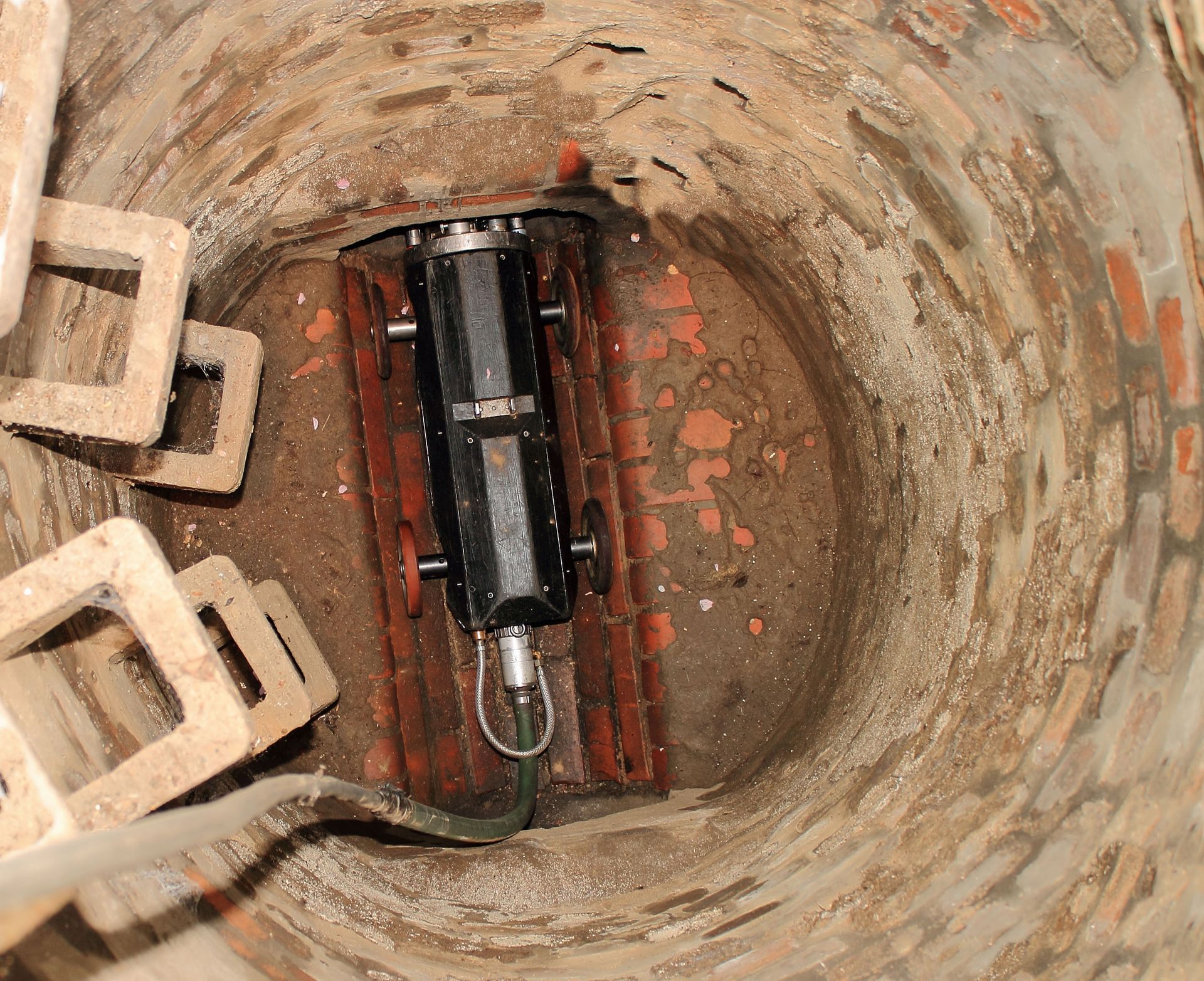
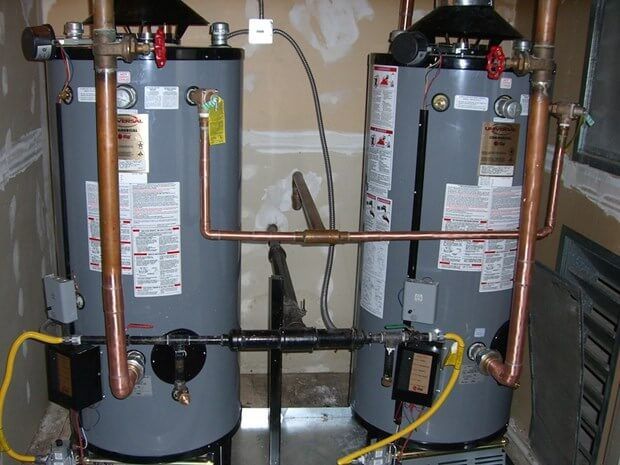
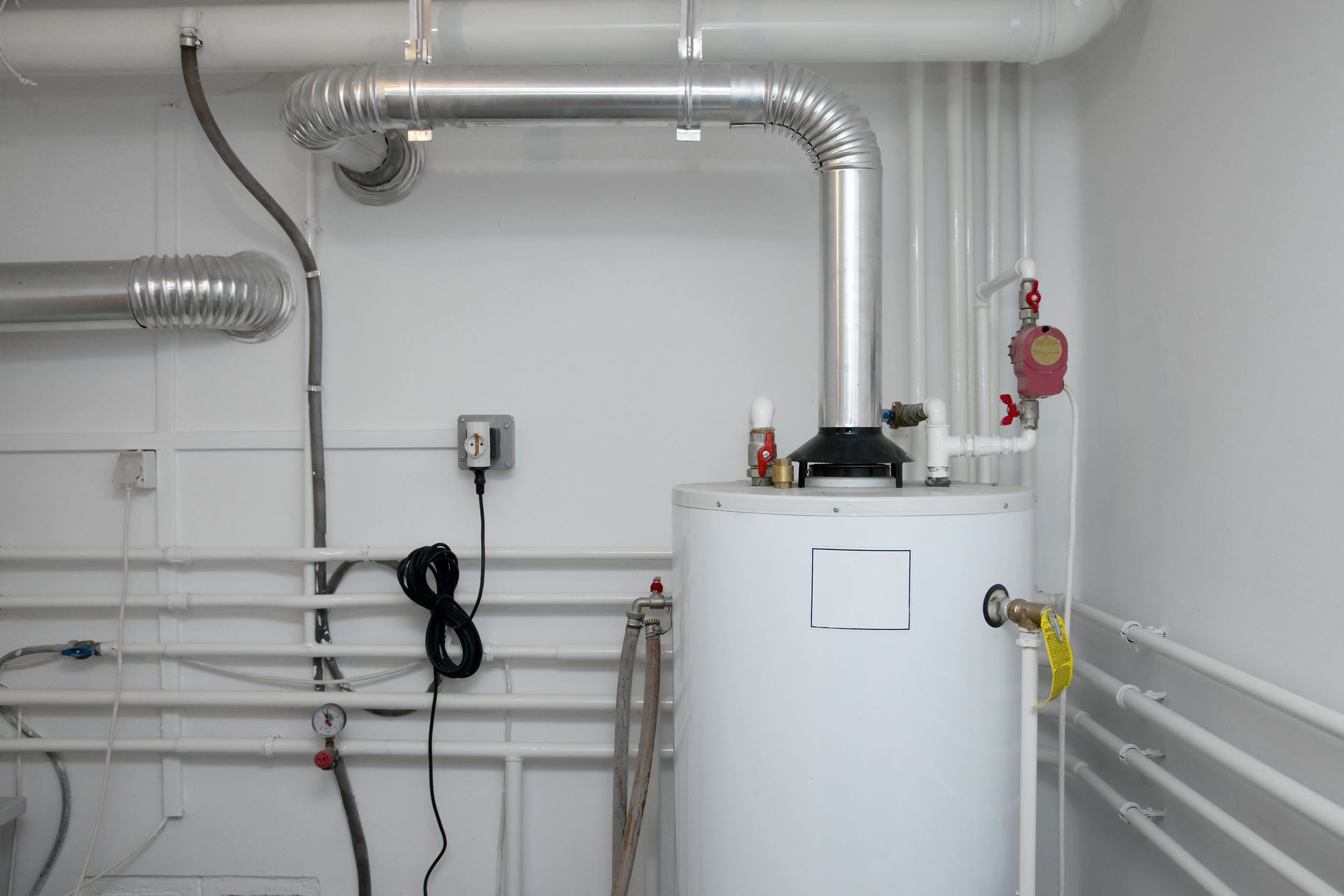
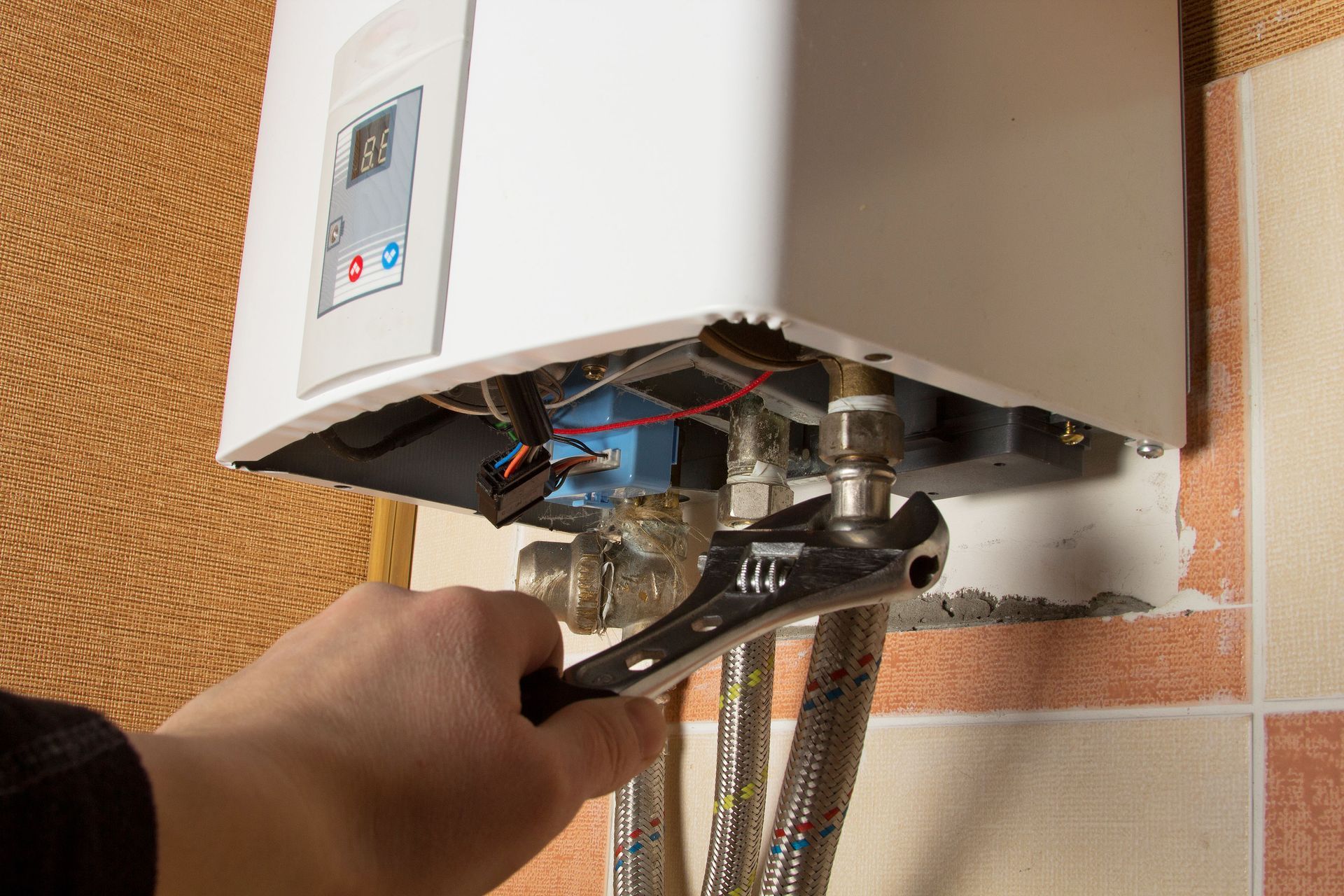
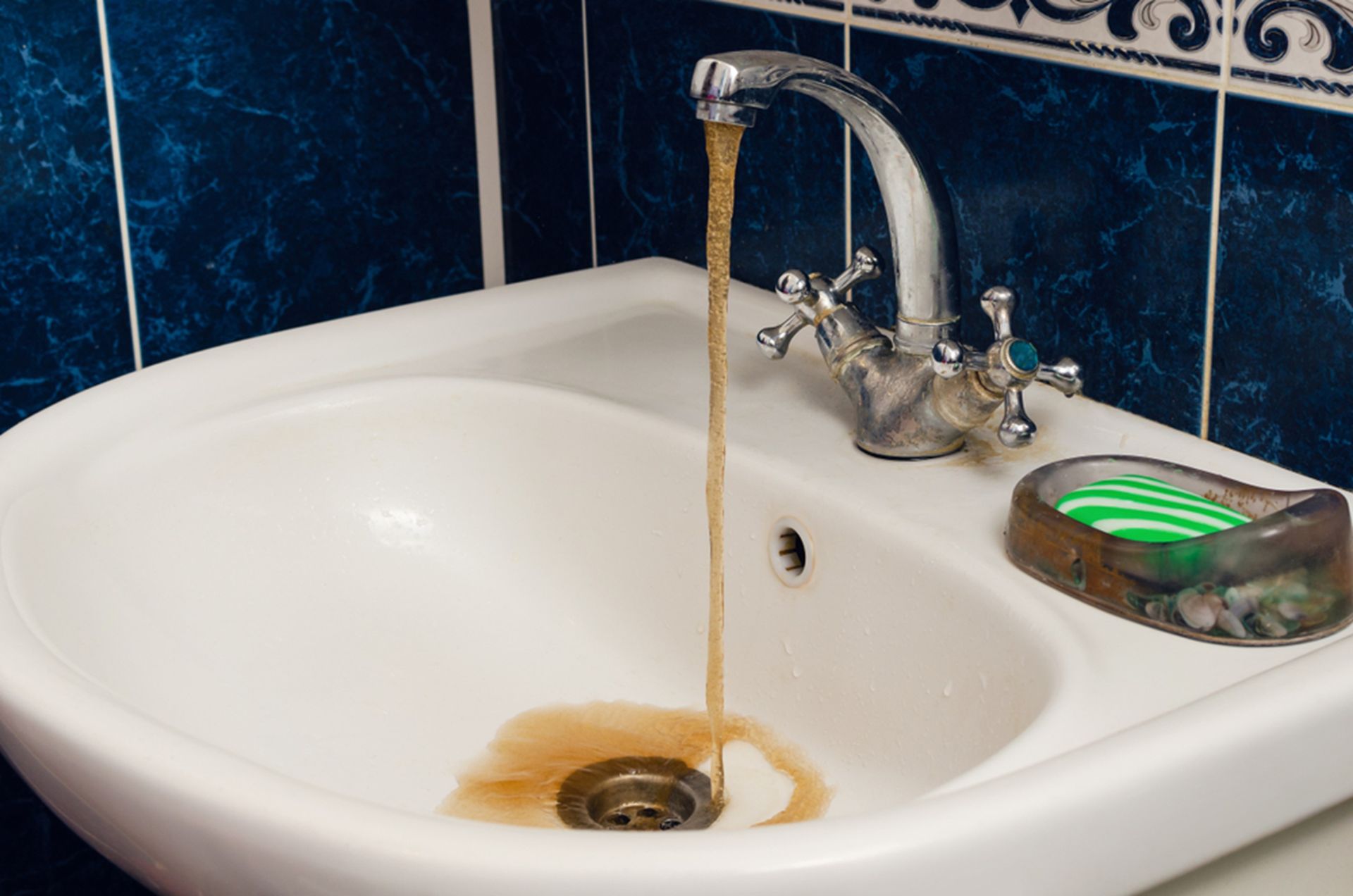
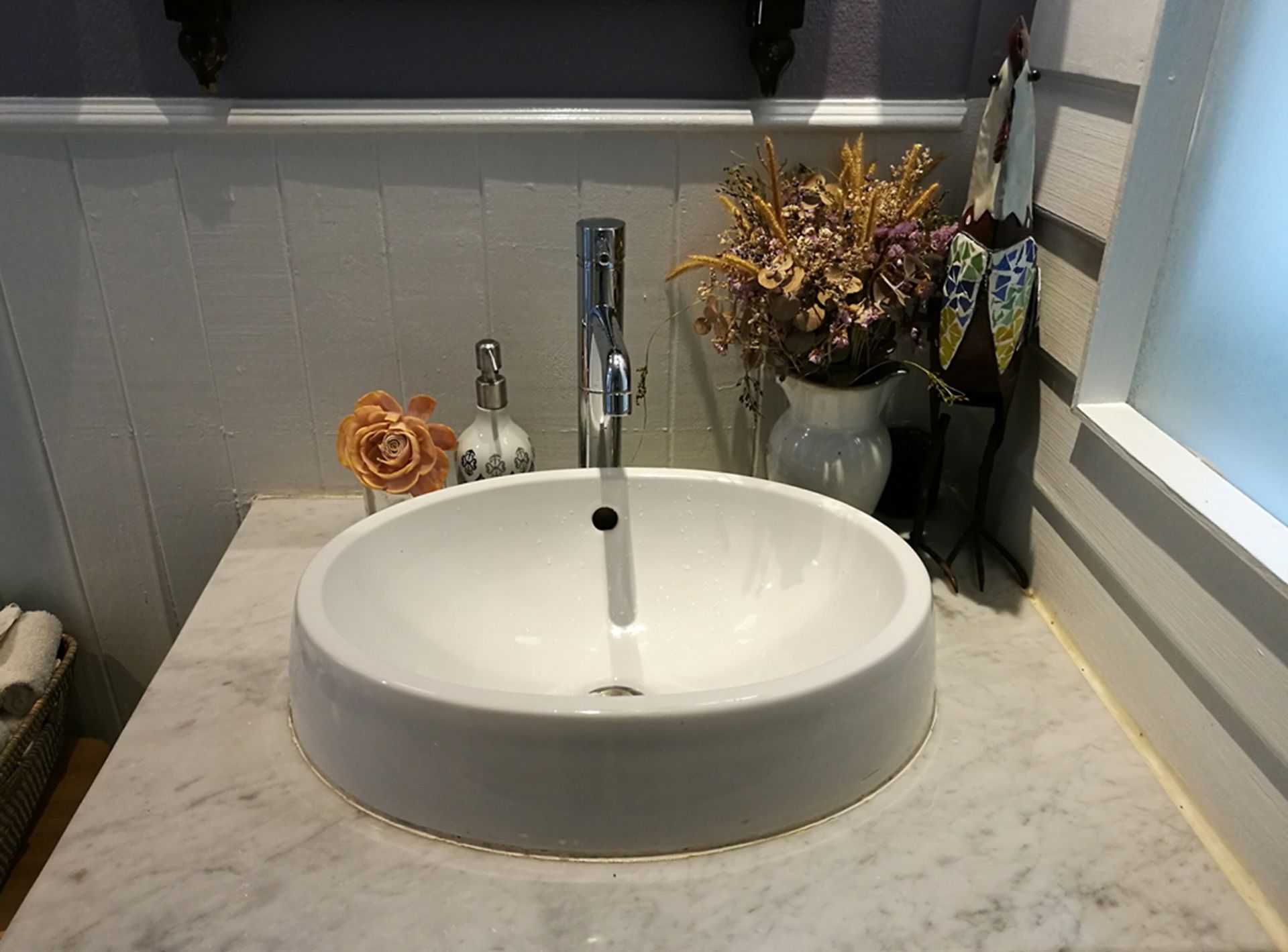
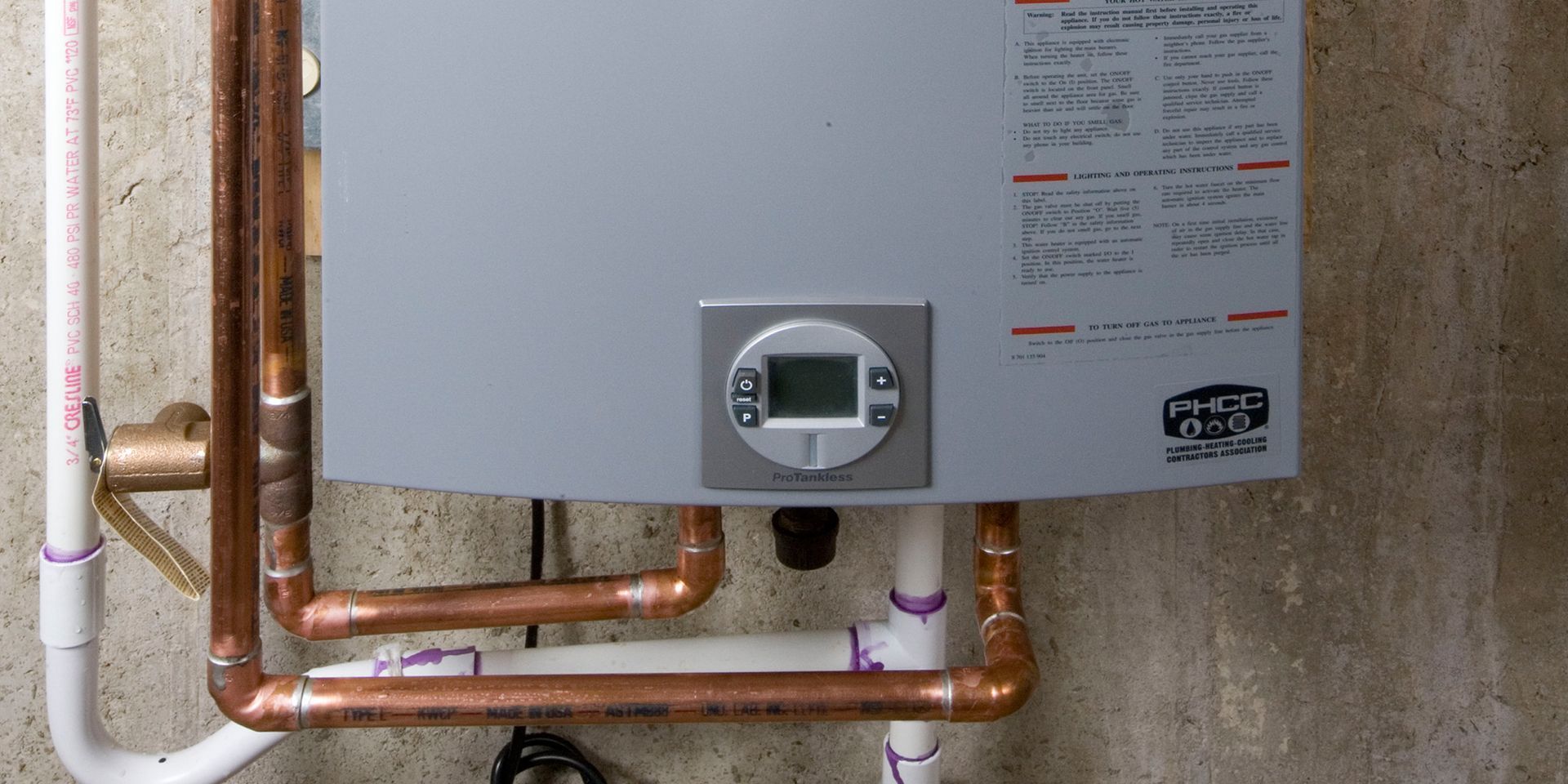
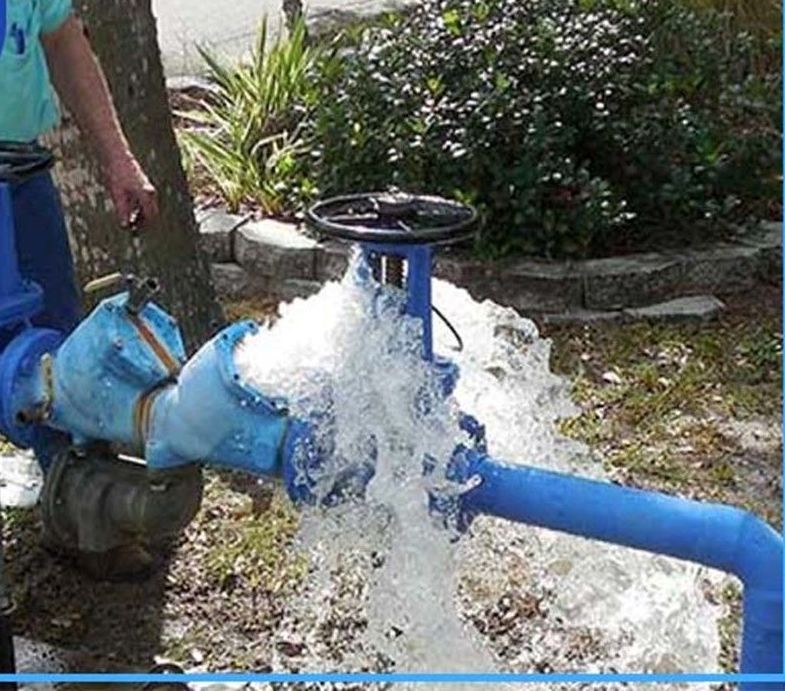
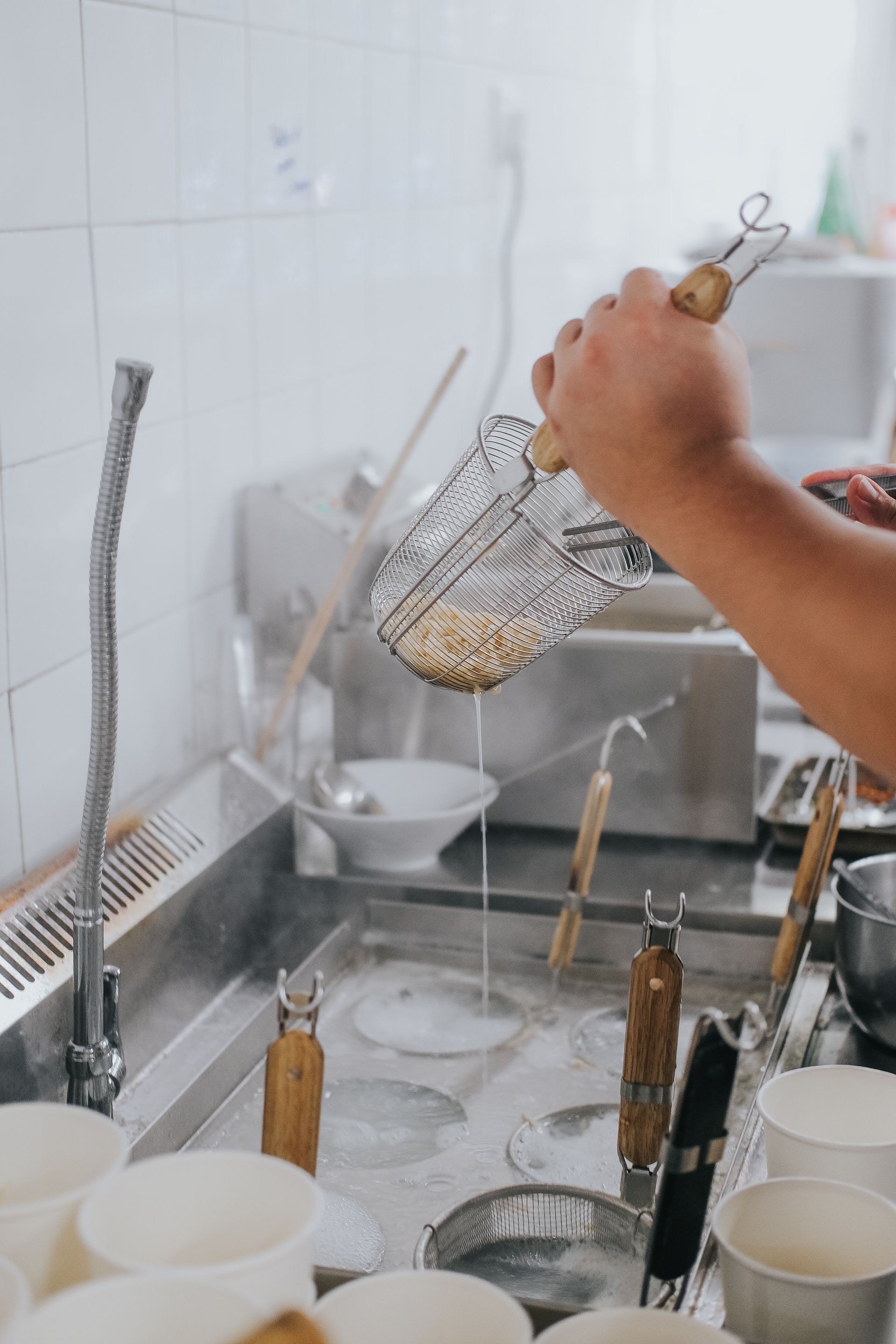
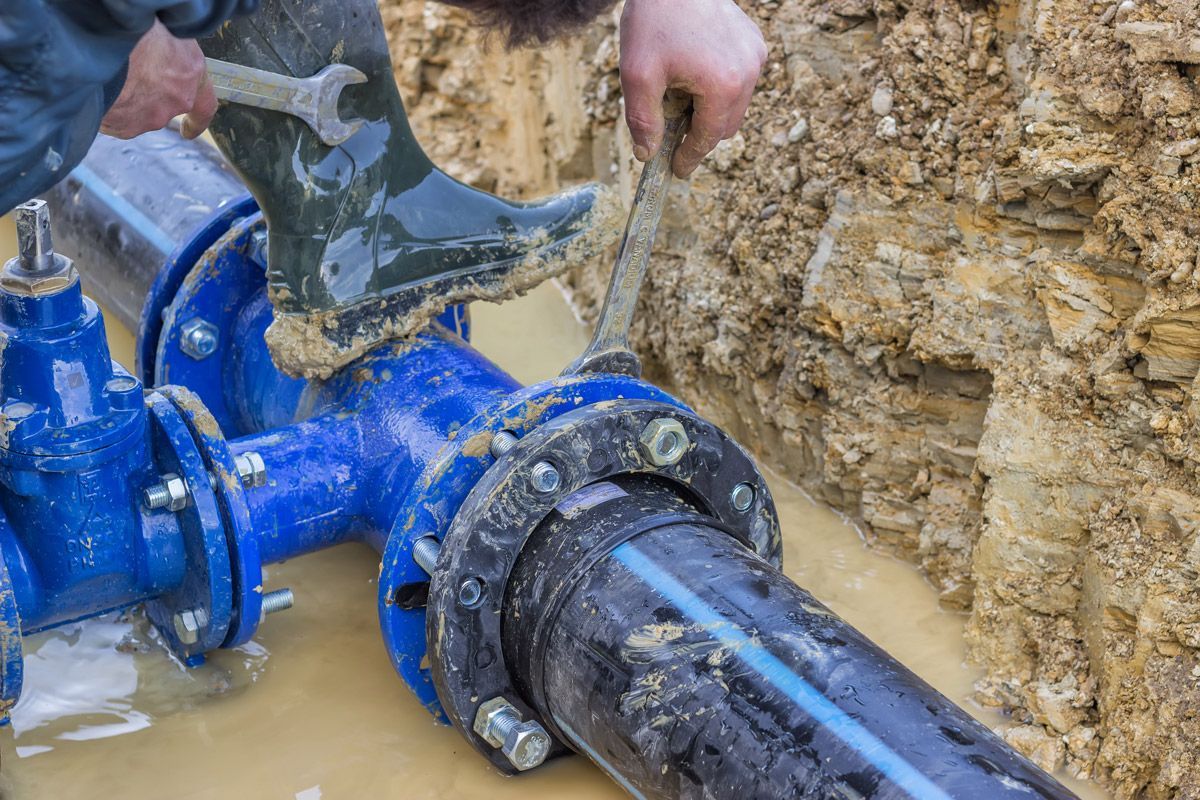
Share On: